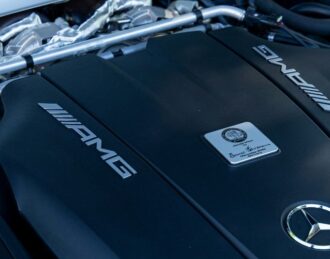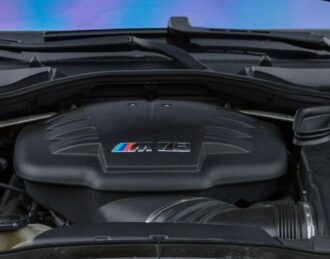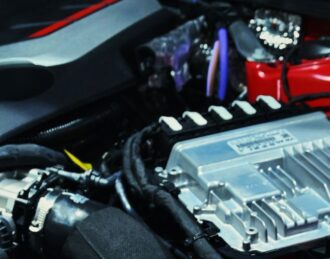Finding Expert European Car Mechanics Near Me In Toronto
Are you a proud owner of a European car in Toronto seeking first-class maintenance and repair services? Look no further than Central Import. Nestled in the heart of Toronto, Central […]
Read more




